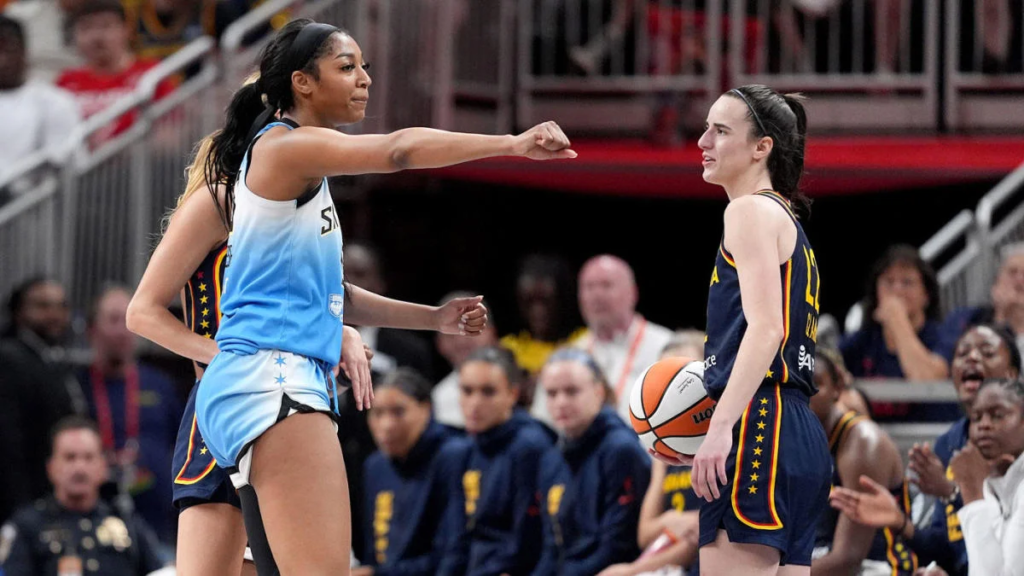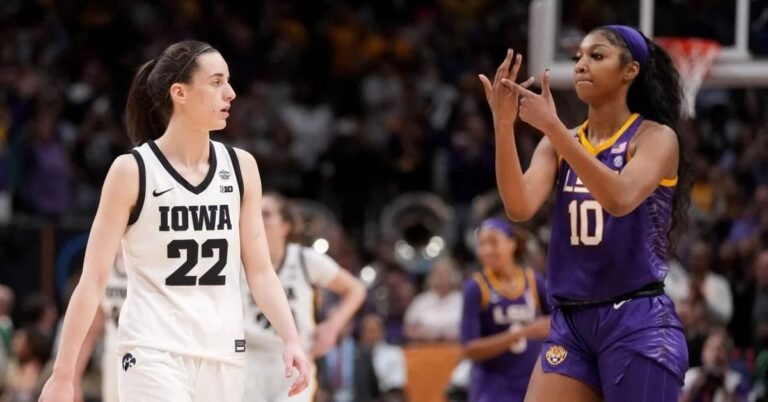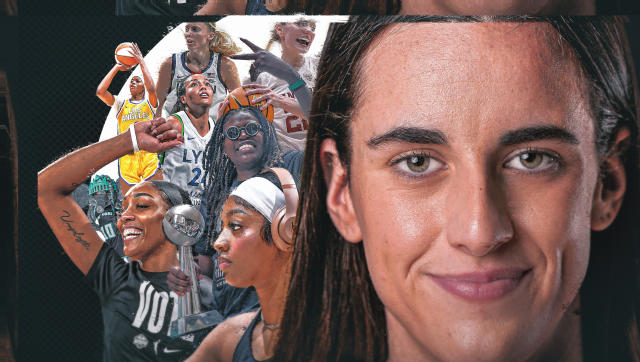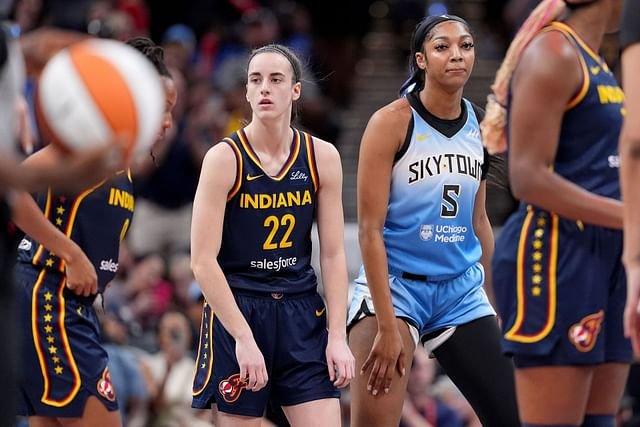
In a fiery response that has captured the attention of fans and sports media alike, Angel Reese is defending herself after facing backlash over her recent comments about Caitlin Clark’s 2024 Athlete of the Year award. Reese, who has been at the forefront of women’s basketball for her achievements with the LSU Tigers, didn’t hold back in addressing the controversy sparked by her remarks. During an appearance on a podcast, Reese shared her perspective on Clark’s win, which some fans took as dismissive toward Clark’s accomplishments.
Reese’s comments came after Time magazine named Caitlin Clark as its 2024 Athlete of the Year, a recognition that highlighted the Iowa star’s impressive dominance in college basketball and her influence on the sport. While Reese acknowledged Clark’s talent and success, she questioned the timing and selection process of the award, suggesting that other deserving athletes, including herself, were overlooked. Her words ignited a wave of criticism, with many fans accusing her of being jealous or disrespectful towards Clark.
In response, Reese took to social media, clarifying her stance and firing back at critics. She asserted that her words had been misinterpreted and that her comments were never meant to diminish Clark’s success but rather to highlight the broader narrative of women’s sports being overlooked. Reese expressed frustration with how female athletes are often pitted against one another and stressed the importance of celebrating all the achievements in women’s basketball, not just one.
Reese also pointed out the ongoing issue of inequality in sports coverage and media representation. She claimed that the relentless criticism of her opinion is a reflection of the double standards that female athletes, particularly Black women, face in the public eye. Reese made it clear that she would not be silenced by the negativity and would continue to speak her truth, regardless of the backlash.
As the debate surrounding her comments continues, it has sparked broader discussions about the intersection of race, gender, and recognition in sports. Fans, commentators, and athletes alike have weighed in on Reese’s remarks, leading to a wider conversation about how awards like Time’s Athlete of the Year are awarded and who gets the recognition they deserve. While Reese’s defenders argue that her frustration is valid, others continue to criticize her for not showing more respect toward a fellow athlete. Regardless of the fallout, one thing is clear—Reese is not backing down from her stance.






